New Delhi cannot ignore the nature of Iran-US relations, as turbulence in the Middle East and a downward spiral in Washington-Tehran ties could pose serious challenges to New Delhi-Tehran relations.
During his inaugural address, on July 30, 2024, Iranian President Masoud Pezeshkian said: “The world needs to seize this unparalleled opportunity to address regional and global issues through the collaboration of a powerful, peace-seeking, and dignified Iran.”
While highlighting the fact that Iran’s foreign policy, under his presidency, would be driven by the country’s interests – economic and strategic – the Iranian President once again reiterated the point that he was in favor of engagement with the rest of the world and inclined towards following a pragmatic foreign policy (during the election campaign the Iranian President had reiterated this point). Pezeshkian was sworn in as President on July 30, 2024, replacing Ebrahim Raisi, who died in a helicopter crash in May 2024.
India-Iran ties and the Chabahar Port
India’s Minister of Road Transport and Highways, Nitin Gadkari, attended the Iranian President’s swearing-in. While conveying greetings from the Indian Prime Minister, Gadkari also reiterated the strategic importance of the Chabahar Port Project. India signed a 10-year agreement with Iran to manage the Shahid Beheshti Terminal (Phase 1) of Chabahar Port. The agreement was signed between Indian Ports Global Limited and the Port and Maritime Organisation (PMO) of Iran, in the presence of India’s shipping minister Sarbananda Sonowal and his Iranian counterpart. IGPL will invest $120 million in the Port and extend a credit line of $250 million for Iran.
The Chabahar Port, located at the mouth of the Gulf of Oman, is India’s gateway to Afghanistan and Central Asia and is a crucial component of the International North-South Trade Corridor (INSTC) The INSTC is a 7,200 km multi-modal link connecting India to Europe via Russia. In 2016, India and Iran signed an MOU to link the Chabahar Port with the INSTC. It is worth noting that India utilized Chabahar to send relief consignments, including wheat, to Afghanistan in 2023.
US-Iran ties
While cordial ties with Iran are important for India’s economic and strategic objectives, India’s relations with Iran cannot be de-hyphenated from US-Iran ties. If Republican candidate Donald Trump were to win, the US Presidential elections later this year, India’s relations with Iran would be impacted.
During his previous stint as US President, Donald Trump imposed stringent sanctions on Iran after the withdrawal from the Iran Nuclear Deal/Joint Comprehensive Plan of Action JCPOA. In 2019, New Delhi stopped the purchase of oil from Iran, much to the displeasure of Tehran. However, the Trump Administration exempted Chabahar Port from sanctions, although the project’s progress was still impacted by US sanctions on Iran. The Democrats may adopt a more nuanced approach, but they are unlikely to want to be perceived as soft on Iran, given the current turmoil in the Middle East.
Also Read: US-Iran Tensions: Pezeshkian’s Foreign Policy, EU Role, and the 2024 Election Impact
Following the assassination of Hamas chief Ismail Haniyeh on July 31, 2024, in Tehran, where he was attending Pezeshkian’s swearing-in ceremony, and the killing of Fuad Shukr, a senior commander of Hezbollah, on July 30, 2024, tensions in the Middle East have escalated. Israel expects a retaliatory strike from Iran.
Recently, after India and Iran signed a 10-year agreement, the Biden Administration warned of potential sanctions. Trump, however, is likely to impose tougher sanctions on Iran, which could complicate matters for countries maintaining economic links with Tehran. The Republican Presidential Candidate and former US President has criticized Biden’s policy towards Iran, accusing him of being weak and allowing Iran to benefit from sanctions relief. The current US President has stated that this relief has enabled Iran to fund its proxies, such as Hamas and Hezbollah.
It is noteworthy that a significant shift has occurred since Trump’s previous tenure, with improved relations between Saudi Arabia and Iran following the signing of the Saudi-Arabia-Iran agreement in March 2023, brokered by China. This agreement facilitated the resumption of diplomatic relations between the two countries. The Saudis could potentially play a role in reducing tensions between the US and Iran, despite ongoing strains, as back-channel engagement between Washington and Tehran has persisted.
Chabahar and interest of other countries
While Chabahar has often been dubbed as India’s answer to Gwadar in Pakistan’s Balochistan province, which is not very far from Chabahar (in Iran’s Sistan Baluchestan province) and an important component of the China-Pakistan Economic Corridor (CPEC), other countries have also shown interest in the project. Afghanistan for instance has sought to reduce its dependence on the Karachi Port. While commenting on India’s agreement with Iran, Afghanistan said “We are in favor of better economic relations with all countries, and the Chabahar port should be expanded. The more activity there is in Iran’s Chabahar port, the more economic stability in the region is strengthened, benefiting Afghanistan, and we support it. Iran had also invited China to participate in the project. In 2023, China had established a direct shipping line with Chabahar (which was cost-effective and also reduced the time taken for delivery of cargo)”.
Conclusion
In conclusion, New Delhi’s ties with Iran have seen a significant upswing, especially after the signing of the 10-year agreement for operating the Chabahar Port. However, New Delhi cannot ignore the nature of Iran-US relations, as turbulence in the Middle East and a downward spiral in Washington-Tehran ties could pose serious challenges to New Delhi-Tehran relations. The regional dimension of the Chabahar Project, particularly Afghanistan’s interest in the port, is also crucial. Given the port’s economic relevance, strategic location, and regional importance, Beijing is likely to closely monitor developments related to the Chabahar Port.
Disclaimer: The views expressed in this article are of the author solely. TheRise.co.in neither endorses nor is responsible for them. Reproducing this content without permission is prohibited.
About the author
Tridivesh Singh Maini is a New Delhi-based Policy Analyst. He is faculty member of OP Jindal Global University, Sonepat, Haryana.

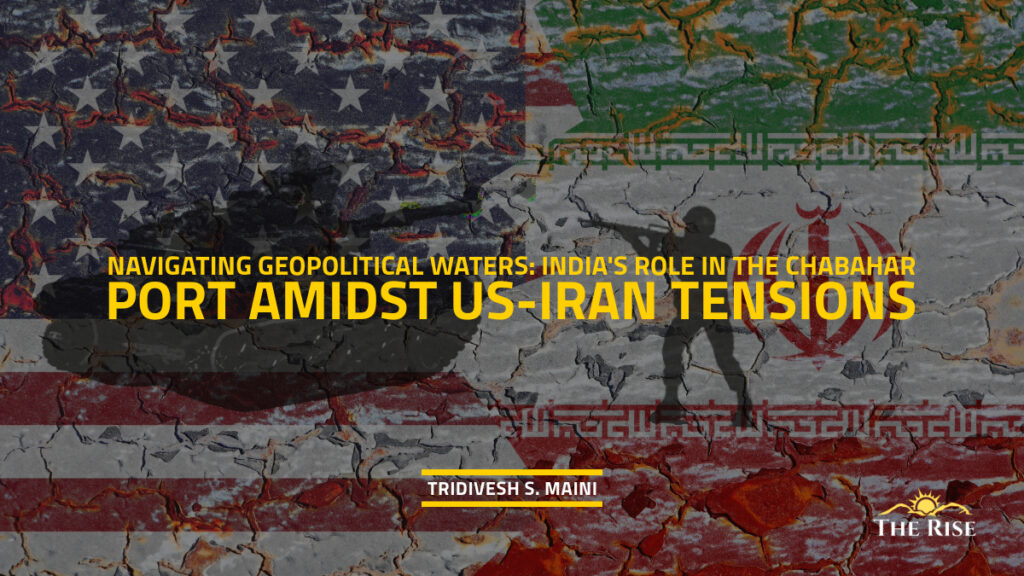


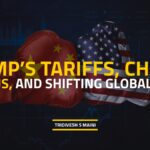







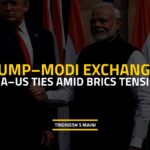
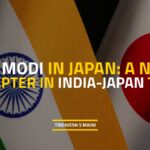










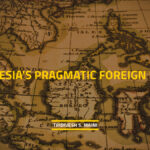







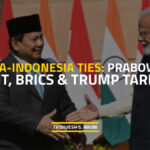



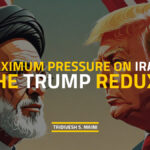

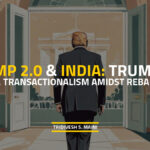






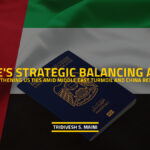
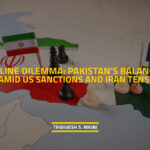







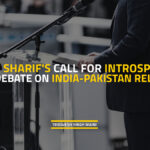
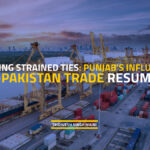
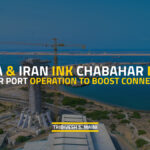



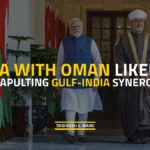






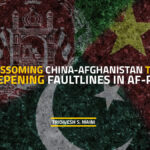










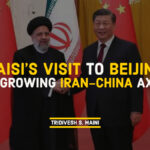







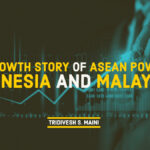


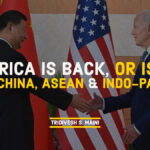

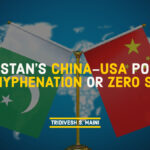
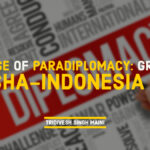

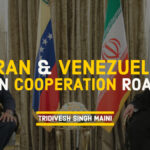

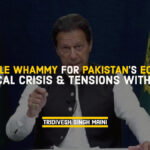

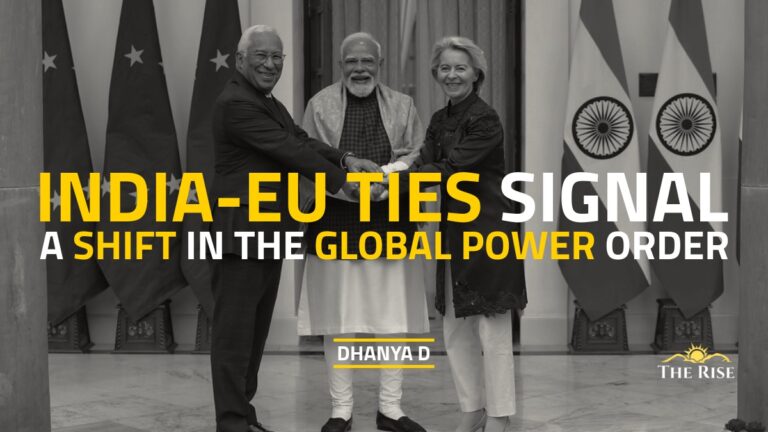
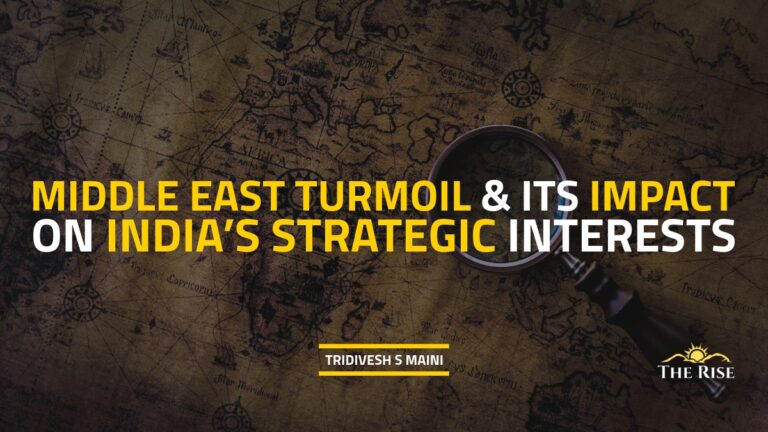
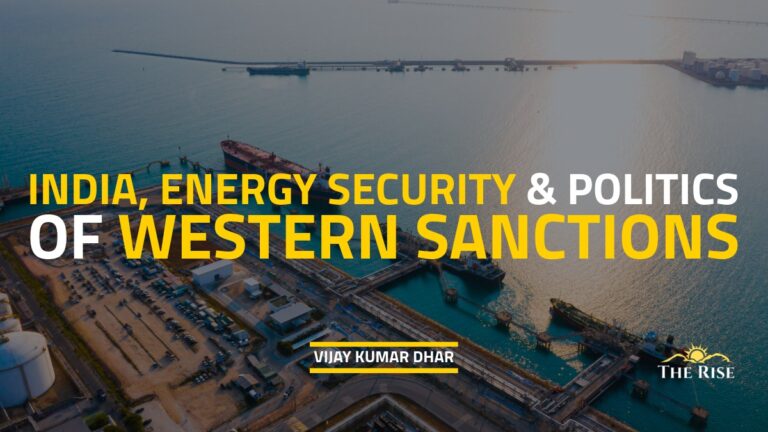

Pingback: Malaysia and India Strengthen Ties - TheRise.co.in
Pingback: Operation Prosperity Guardian: West Asia in Splits - TheRise.co.in
Pingback: India-Afghanistan Trade Relations: Opportunities and Challenges | Political Risk Wire